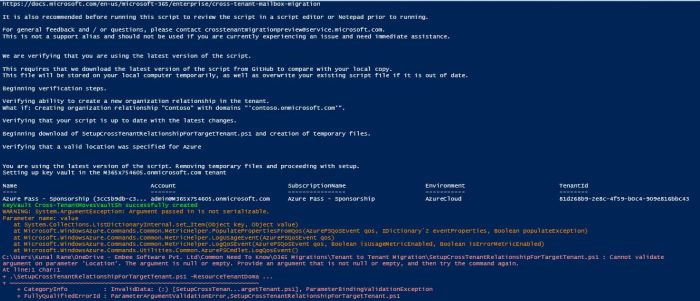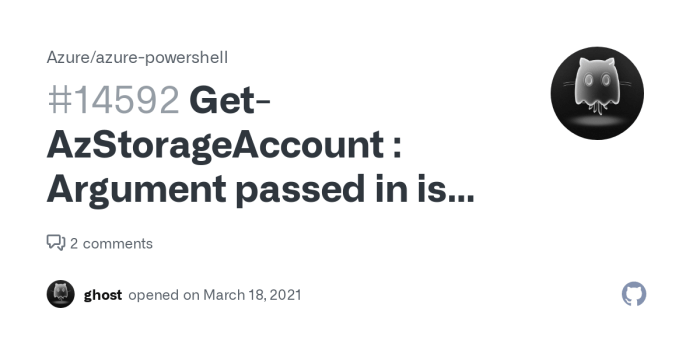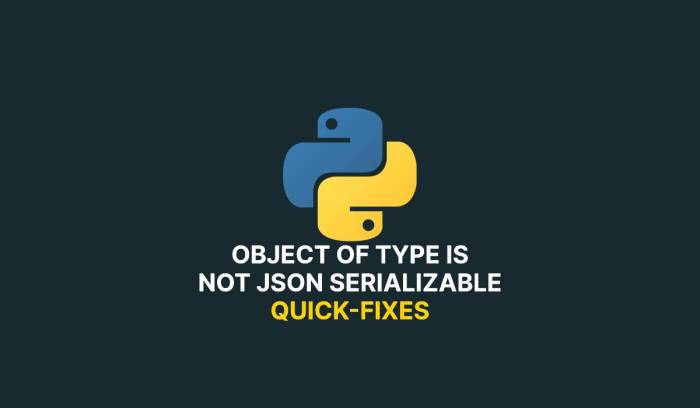The exception “argument passed in is not serializable” is a common error encountered during data exchange and storage. It occurs when an attempt is made to serialize an object that cannot be converted into a stream of bytes. This article delves into the causes, identification, and resolution of this exception, providing a comprehensive guide for developers.
Serialization is the process of converting an object into a format that can be stored or transmitted, while deserialization is the reverse process of reconstructing the object from its serialized representation. Understanding these concepts is crucial for effective handling of serialization-related exceptions.
Exception: ‘Argument passed in is not serializable’

The ‘Argument passed in is not serializable’ exception occurs when an object is passed to a function or method that requires a serializable object, but the object is not serializable. This exception can occur in various scenarios, including:
- Passing a non-serializable object to a method that requires a serializable object as a parameter.
- Returning a non-serializable object from a method that is expected to return a serializable object.
- Storing a non-serializable object in a data structure that requires serializable objects, such as a queue or a database.
To identify the source of the exception, it is important to determine which object is causing the issue. This can be done by examining the stack trace of the exception, which will indicate the location where the non-serializable object was passed or returned.
Serialization and Deserialization
Serialization is the process of converting an object into a stream of bytes that can be stored or transmitted over a network. Deserialization is the reverse process, converting a stream of bytes back into an object.
Serialization plays a crucial role in data exchange and storage. It allows objects to be transferred between different systems or stored in a persistent manner. Various techniques are used for serialization, including:
- Java Object Serialization (JOS)
- JSON (JavaScript Object Notation)
- XML (Extensible Markup Language)
Serializable and Non-Serializable Objects, Argument passed in is not serializable
Serializable objects are objects that can be serialized and deserialized. They must implement the java.io.Serializable interface. Non-serializable objects are objects that cannot be serialized and deserialized.
Serializable data types include:
- Primitive data types (e.g., int, double)
- Arrays of serializable objects
- Classes that implement the java.io.Serializable interface
Non-serializable data types include:
- Objects that contain references to non-serializable objects
- Objects that contain transient fields
- Objects that implement custom serialization methods
Certain objects may not be serializable due to security concerns, performance considerations, or the presence of non-serializable dependencies.
Debugging and Resolving the Exception
To debug the ‘Argument passed in is not serializable’ exception, follow these steps:
- Examine the stack trace to identify the location where the non-serializable object was passed or returned.
- Determine the type of the object that is causing the issue.
- Check if the object is serializable by implementing the java.io.Serializable interface.
- If the object is not serializable, consider modifying the object or using an alternative approach to data exchange or storage.
Best practices for handling serialization-related exceptions include:
- Always check if an object is serializable before passing it to a method or storing it in a data structure.
- Use try-catch blocks to handle serialization-related exceptions.
- Provide clear error messages to help developers identify the source of the issue.
Alternative Approaches
In some cases, it may be necessary to use alternative approaches to data exchange or storage without using serialization. These approaches include:
- Using database management systems (DBMS) to store and retrieve data.
- Using message queues to exchange data between systems.
- Using remote procedure calls (RPC) to execute code on a remote system.
The choice of approach depends on the specific requirements of the application and the characteristics of the data being exchanged.
Question Bank: Argument Passed In Is Not Serializable
What is serialization?
Serialization is the process of converting an object into a format that can be stored or transmitted.
What is deserialization?
Deserialization is the reverse process of reconstructing an object from its serialized representation.
Why do I get the “argument passed in is not serializable” exception?
This exception occurs when an attempt is made to serialize an object that cannot be converted into a stream of bytes, such as non-serializable objects or objects with circular references.
How can I resolve the “argument passed in is not serializable” exception?
To resolve this exception, identify the non-serializable objects, modify the serialization process to handle them, or consider alternative data exchange approaches.


